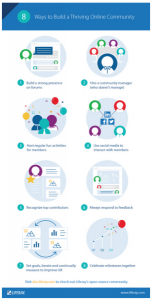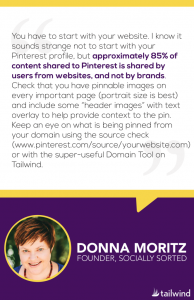Numerous new top level domains have been released recently, leading many insiders to question the effect that they would have within Google Search. Luckily, Google themselves have thrown light on the issue; last week new information was made available concerning top-level domains and how they are being treated. Here’s how the changes may or may not impact your website.
What is a Top Level Domain?
Let’s start with defining exactly what is meant by ‘top level domain’ (often referred to simply as TLD). These are the latter part of a website’s address and are used to identify certain characteristics of the domain itself. Essentially, they provide context, whether in terms of geography (in the case of .co.uk, .fr, and .eu) or as a designation of their general purpose. The latter are dubbed Generic Top Level Domains, (gTLDs); examples include .com, .org, .net, .edu and .gov.
Why do we need more?
A number of new TLDs are being introduced, for a number of reasons. Businesses can help differentiate themselves by applying for .brand domains. For example, Google Android uses .android. New regional TLDs are also being created, including .london.
How Will New TLDs Affect Google Search?
Google have promised that no algorithm changes will occur to provide any benefits for new TLDs, and have announced that using a TLD which incorporates one of your key search terms will carry no advantage. Even region special domains will be treated as if they were general gTLDs, so it’s best to refer back to country code top level domains (ccTLDs) in order to facilitate geo-targeting.
What is the Purpose Of Changing TLDs?
Of course, the opportunity to acquire a new TLD should not necessarily be passed up – doing so will bring brand and location based benefits, as well as a sense of consistency. There is no consequence – negative or positive – of using new TLDs for SEO purposes. This is why, however, it’s probably best at this point in time to maintain your current domain since it is likely to have built up rankings and a dependable history.
If you’re still interested in moving to a new TLD but don’t want to sacrifice your search ranking or history, make sure you contact the right people or it could turn out to be the wrong move for your business completely. A costly one too!
(174)
Report Post





